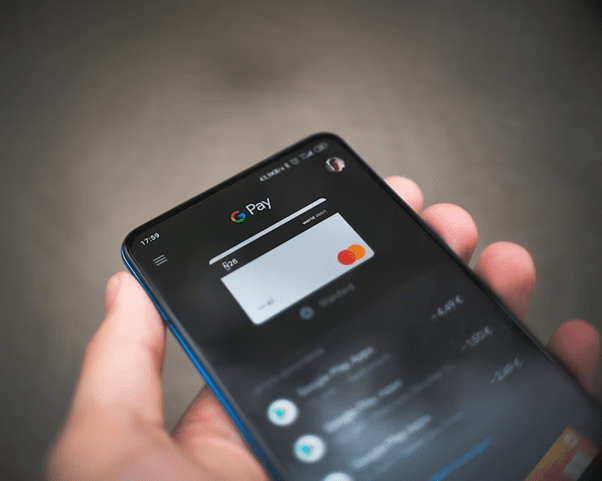Opening a personal information services provider (PISP) is no exception to the general difficulty of starting a business from scratch. To facilitate financial transactions between consumers and businesses, banks rely on payment initiation service providers (PISPs) to act as a go-between. Through APIs, they provide instantaneous monetary transactions between a buyer and a seller. In this article, we’ll lay out the next steps you absolutely must take as well as those you should consider taking when you want to start your own one.

How does it work?
Open banking is allowing cutting-edge payment options to emerge. This need has resulted in the development of Payment Initiation Service Providers (PISPs), which are independent businesses able to process payments on behalf of their clients. Many of the difficulties that companies and merchants have had in accepting payments will now be easier to handle.
You should at least be familiar with the procedure before you roll up your sleeves and get to work. An initiating service for payments connects a retailer to a customer. When a customer completes a purchase, they verify the details of the transaction, provide their approval to pay, and the retailer learns that a transfer has been started. While this may seem like a standard internet exchange, PIS really enables safe transactions with just a few clicks of the mouse. After the payment has been verified with SCA, the payment itself is initiated inside the banking app. After that, the money is transferred from the user’s account to the merchant’s.

Licensing
With the implementation of PSD2, payment initiation has emerged as one of the most promising services for improving the usability of payment services. Due to this and since it promotes healthy competition in the financial industry, the PISP License is done by a government body at the national level, but there are some companies that can help you acquire one. Institutions that provide just payment initiation services will be categorized as payment institutions under current law. It’s not a distinct kind of authorization but rather an extra option for banks and other financial organizations. The PISP license, on the other hand, may be seen as its own category of authorization since a payment institution authorized to provide solely the payment initiation service must meet additional regulations.
Without a competent team to back you up, becoming an authorized Payment Initiation Service Provider (PISP) may be a time-consuming ordeal. There are several factors to think about depending on the jurisdiction you pick. In certain nations, for instance, submitting paperwork or having a meeting with a regulator in person are necessities.
There are different types
The services provided by PISPs may be complemented by those of other banks in a number of ways. They may, for instance, be E-Money institutions that let users begin transactions using funds from accounts at other banks. Another case in point is the simplification of both the seller’s and the buyer’s online buying experiences by switching to a single payment processing service provider (PISP).
Hosting
In order to accept payments independently, a company must either set up its own server infrastructure or employ hosting that is PCI-compliant. Having your own data center, IT team, and yearly PCI audit are all part of having a self-hosted server infrastructure. However, PCI-compliant hosting functions similarly to standard VPS hosting, with the exception that the servers are placed inside a PCI-compliant network. PCI-compliant hosting is more costly than non-PCI-compliant hosting for the same server configuration because of the extra PCI requirements.
Legal responsibility
As token technology has progressed, it has made online transactions between retailers and consumers increasingly secure. They also provide a wealth of new possibilities in e-commerce by standardizing payment methods across all media. There’s no denying that in today’s increasingly digitized society, private information is a popular commodity. As a result of their special role in collecting and analyzing huge amounts of client data, financial institutions (FIs) are in a powerful position. As a result, it is reasonable to assume that there are several possible legal difficulties if you are irresponsible in open banking, given that this information is often not widely shared with consumers or other FIs. You need to be extremely careful with how you handle the data you can access because it can lead to a lot of legal trouble otherwise.
Though the path to becoming a PISP is long and arduous, the rewards for your efforts may be substantial. You should check your readiness to take on the process of earning a license before diving in headfirst. There are numerous factors to consider. You need to be committed constantly, and you need to know that every mistake can cost you a lot.
